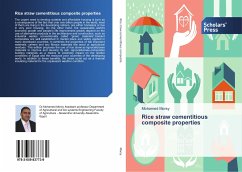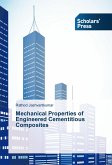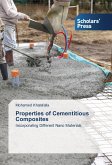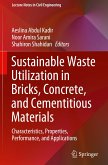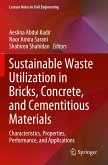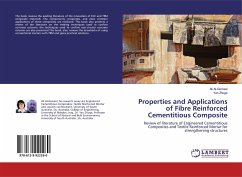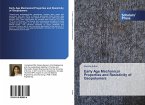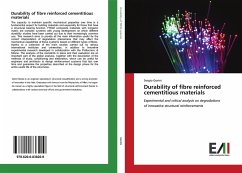The urgent need to develop suitable and affordable housing is born as a consequence of the fact that over one billion people in the world, most of them are living in the developing nations, are either homeless or live in very poor housing. On the other hand, the sustainable world's economic growth and people's life improvement greatly depend on the use of alternative products in the architecture and construction, such as industrial wastes conventionally called "green materials".Cement composites are well established in market place and widely applied in many developed countries. It combines the properties of two important materials: cement and any fibrous materials like wood or agricultural residues. This edition proposes the use of rice straw as lignocelluloses materials to improve and develop fly ash -lignocelluloses-composites building materials as a means to positively impact on the shelter conditions of Egypt and the resource poor countries of the developing world. In addition to these benefits, the straw could act as a thermal insulating material for the unpleasant weather condition.
Bitte wählen Sie Ihr Anliegen aus.
Rechnungen
Retourenschein anfordern
Bestellstatus
Storno

